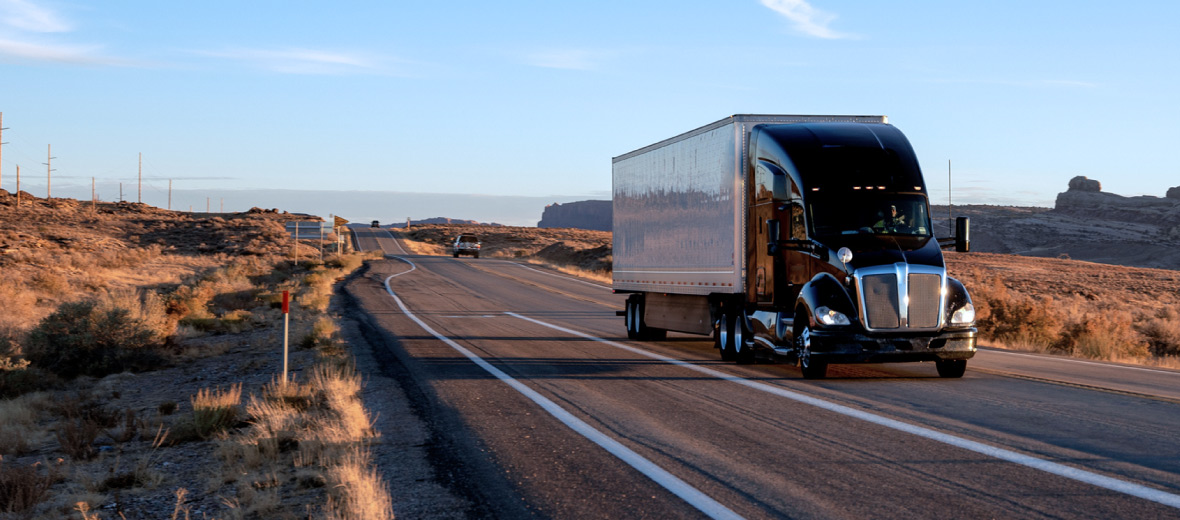Work productivity and the multitasking myth
Are you doing too much?

Multitasking is a lie. Read this blog post to learn about the multitasking myth and how you may be undercutting your productivity by doing too many things at once.
The Concept of Multitasking is Misleading
Authors Gary Keller and Jay Papasan help unveil the multitasking myth in their book The One Thing. They capture our attention with a simple question for us to reflect upon: “If doing the most important thing is the most important thing, why would you try to do anything else at the same time?”
The truth is, when you attempt to do two or more things at once, you either can not or will not do either things well.
Low Multitaskers Outperform High Multitaskers
Stanford professor Clifford Nass and his team of researchers tested 262 students on cognitive control and found that those who were high media multitaskers were outperformed by those who were low multitaskers on every measure (1).
The study points to other research that has shown that humans are not well-designed to handle “multiple input streams” and performing multiple tasks at once.
It is understandable that this is a hard truth to swallow, since the concept of multitasking has become very common. Unfortunately, many have fallen for the fallacy that by multitasking, you are getting more done, when in fact it’s an effective way to get less done.
According to Keller, this idea has been so widespread that it is found on more than six million web pages, where readers are taught tips and tricks on how to multitask! It is no wonder why many still believe that adding “efficient multi-tasker” in their resume is a skill to brag about.
See Also: How to Communicate Effectively in the Workplace
How People Are Like Computers
It is not that people can’t actually do two or more things at once, but we are more like computers — that work best when processing only one piece of code at a time. It’s the speed at which computers complete tasks that alludes to the thought that everything is being done at the same time.
As humans, we cannot and should not try to focus on two things at once. Why not you ask? Keller explains that because our attention bounces back and forth, while this may work for computers, it could potentially result in dangerous consequences if humans were to attempt this, such as landing two airplanes on the same runway or a doctor treating two patients at once.
Multitasking While Driving
Here is an issue we have come to understand far too well in the telematics world. New York Times reporter Matt Richtel, wrote an important series of articles on the dangers of driving while texting or using cell phones for which he earned a Pulitzer Prize for National Reporting.
According to current NHTSA research, distraction was a factor in 9 percent of fatal crashes and in 2016, distracted driving led to 3,450 deaths in the U.S. CDC data reveals that 391,000 people were injured in distracted driving crashes the year prior.
A University of Utah study found that drivers who talk on a phone are as impaired as drunk drivers (equal to driving at 0.08 percent blood-alcohol). Read more on distracted driving causes and solutions in this article.
Going Bananas (AKA Monkey Mind)
The modern office is full of many technology-based distractions: instant messages, emails and maybe even voicemail. Your co-workers stop by your desk all day to ask you questions or share their weekend with you. Which is why for many, completing tasks can be exhausting.
Keller references research showing that workers are interrupted every 11 minutes and then spend almost a third of their day recovering from these distractions. Workers may be reduced to a state of monkey mind — jumping from thought to thought.
The Inevitable Results of Multitasking
Although multitasking may seem like a quick, easy solution when the work piles up, the results don’t always work out in your favour.
Here is what happens when you try to complete multiple tasks at once:
- Your brain can only handle so much information at a time. Divide it up as much as you want but eventually, you’ll have to compromise and pay in time and effectiveness.
- The more time you spend switching between tasks, the longer it will take you to return to your original task.
- Chronic multitaskers believe tasks take longer to complete than actually required, which means you’ll be slower in getting your work done.
- Multitaskers tend to make more mistakes than those who do not multitask which leads to more stress.
The Big Picture
We have all found ourselves guilty of these multitasking traps at one point in our lives. Think about this, if we lose nearly one-third of our work day to distractions, what is the cumulative loss over a career? What about in our personal lives? The numbers really add up.
We need to carve out time to re-evaluate how we organize our day — tap into your prioritization skills and begin to tackle tasks one item at a time. Active reflection will lead to reinvention so start today.
Geotab helps businesses with their fleet management goals. If you would like to read more stories like this, please let us know in the comments.
More management tips:
Build Stronger Business with Leadership Development
Boosting Employee Productivity and Security
References:
- E. Ophir, C. Nass, and A.D. Wagner, "Cognitive control in media multitaskers," in PNAS, 2009. Available: http://www.pnas.org/content/106/37/15583.full
Subscribe to get industry tips and insights
The Geotab Team write about company news.
Table of Contents
Subscribe to get industry tips and insights
Related posts

What is government fleet management software and how is it used?
April 10, 2025
3 minute read

Beyond the road: Enhancing school bus interior safety with advanced technology
April 10, 2025
5 minute read

60+ trucking industry statistics: trends + outlook for 2025
April 8, 2025
6 minute read

Enhancing student bus safety: Combating distracted driving in the digital age
April 7, 2025
6 minute read

How a data driven policing environment elevates your department’s potential
March 24, 2025
4 minute read
